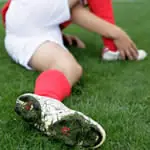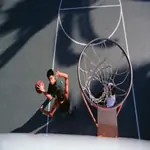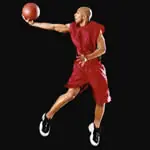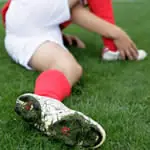Do your homework
So you've figured out what kind of camp your child should attend and narrowed it down to a few possibilities. Time to do some research.
Start by gathering information from the camp organizers. Confirm that the coaches and instructors advertised will actually be teaching at the camp. Just because (insert famous coach here) lends his or her name to a camp doesn't mean that coach will be an integral part of the day-to-day operations.
Next find out the camper/instructor ratio. For showcase camps this isn't so much an issue, as they focus primarily on club team competition. But for an instructional camp a ratio of 5-8 campers per instructor is a must. "Start getting into more than 10-to-1 and that's way too many players," says Beinbrink.
Another great source of information is testimonials from former campers. "Any reputable service would offer the ability to contact a parent or player that's been through the program," Beinbrink points out. Though camps don't usually give out contact info for dissatisfied customers, it's possible to get insider tidbits (Is the camp organized? What are the instructors like?) you won't find on any brochure.
Note: Talk to your local high school or college coach. They usually know people in the camp industry and can point you in the direction of which camps have good, and bad, reputations.
Managing expectations
Not every kid ends up a Michael Jordan. Understanding that a sports camp is just a part of the athletic learning process, even at a showcase event, is crucial to ensuring your child's camp experience is a success.
"Kids and parents make the mistake of assuming they'll get a scholarship from a camp or make some amazing breakthrough skill-wise," says Beinbrink. "Results don't always match effort. Focus on getting better."
This doesn't mean camps can't make a difference. "For the athlete who is 15-18 years old there is a significant amount of growth possible with the proper instruction." But so much goes into being an athlete beyond the actual competition -- nutrition, academics, overall health -- it's important to refrain from putting too much stock in one singular camp experience.
Organization of the camp is another area to gauge expectations. Though most camps have strict schedules, unforeseen events happen and can throw even the most rigid itineraries out of alignment. "Don't expect the event to run flawlessly. It's not easy to coordinate a large amount of athletes."
Don't Worry, Be Happy
It's been years since McEwen picked up a basketball. Though things have changed since his lackluster camp experience, McEwen believes the emphasis for sports camps should still be the same. "My son was at a camp and kept checking to see if college recruiters were watching. I told him to stop it, have fun and not worry about DePaul and N.C. State."
Sounds like McEwen did learn something from that YMCA camp after all.
- 2
- of
- 2







Discuss This Article